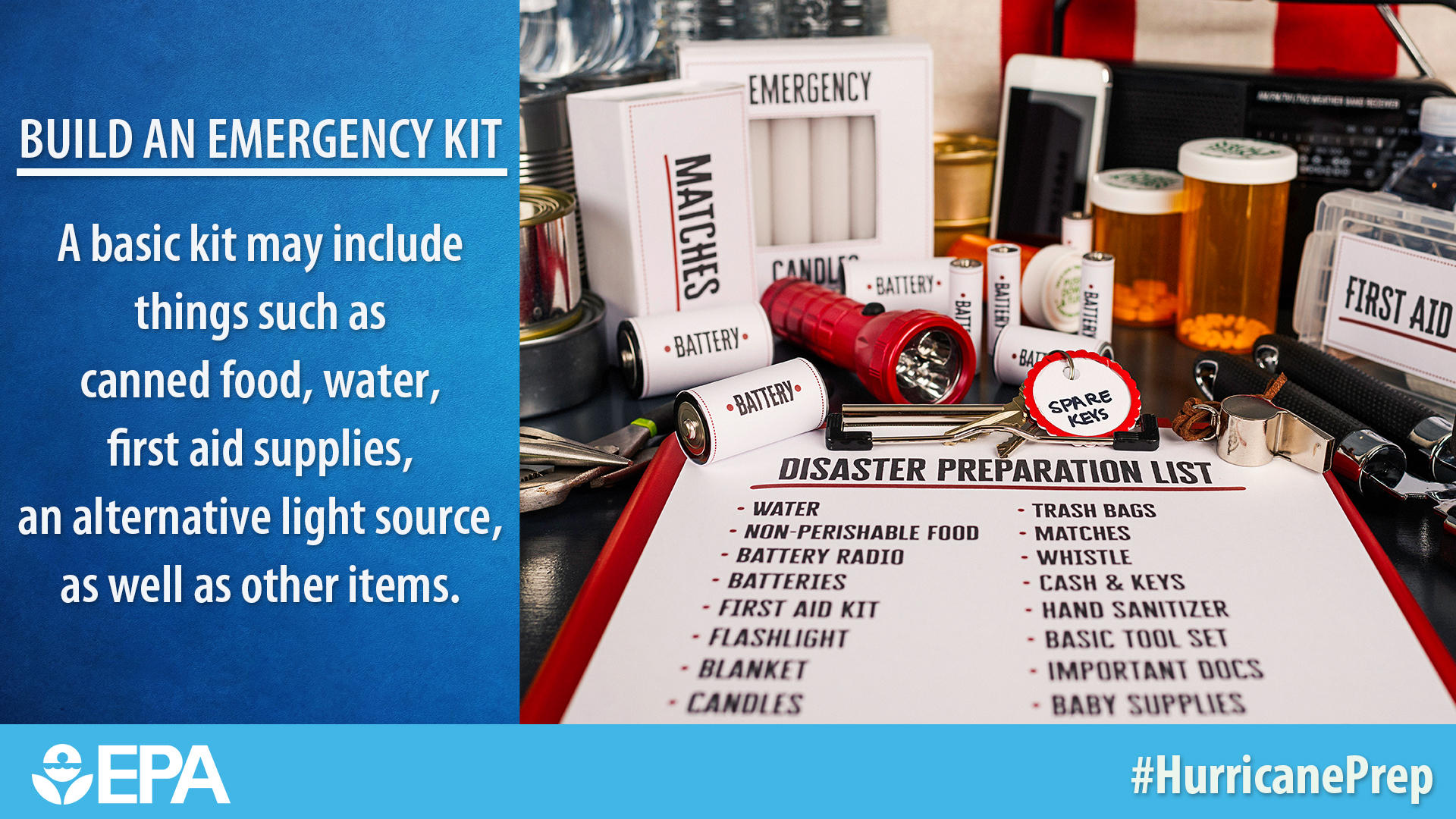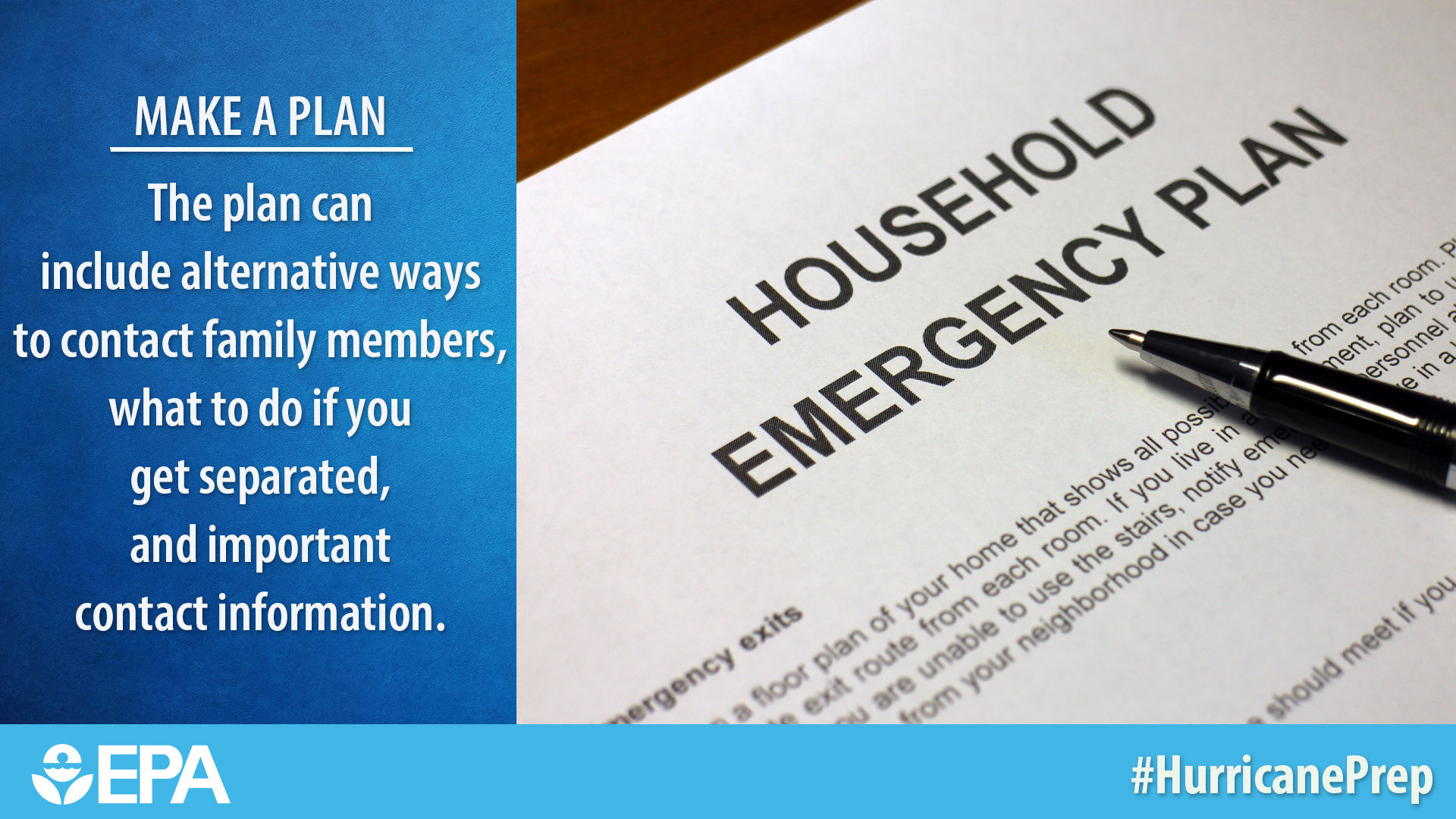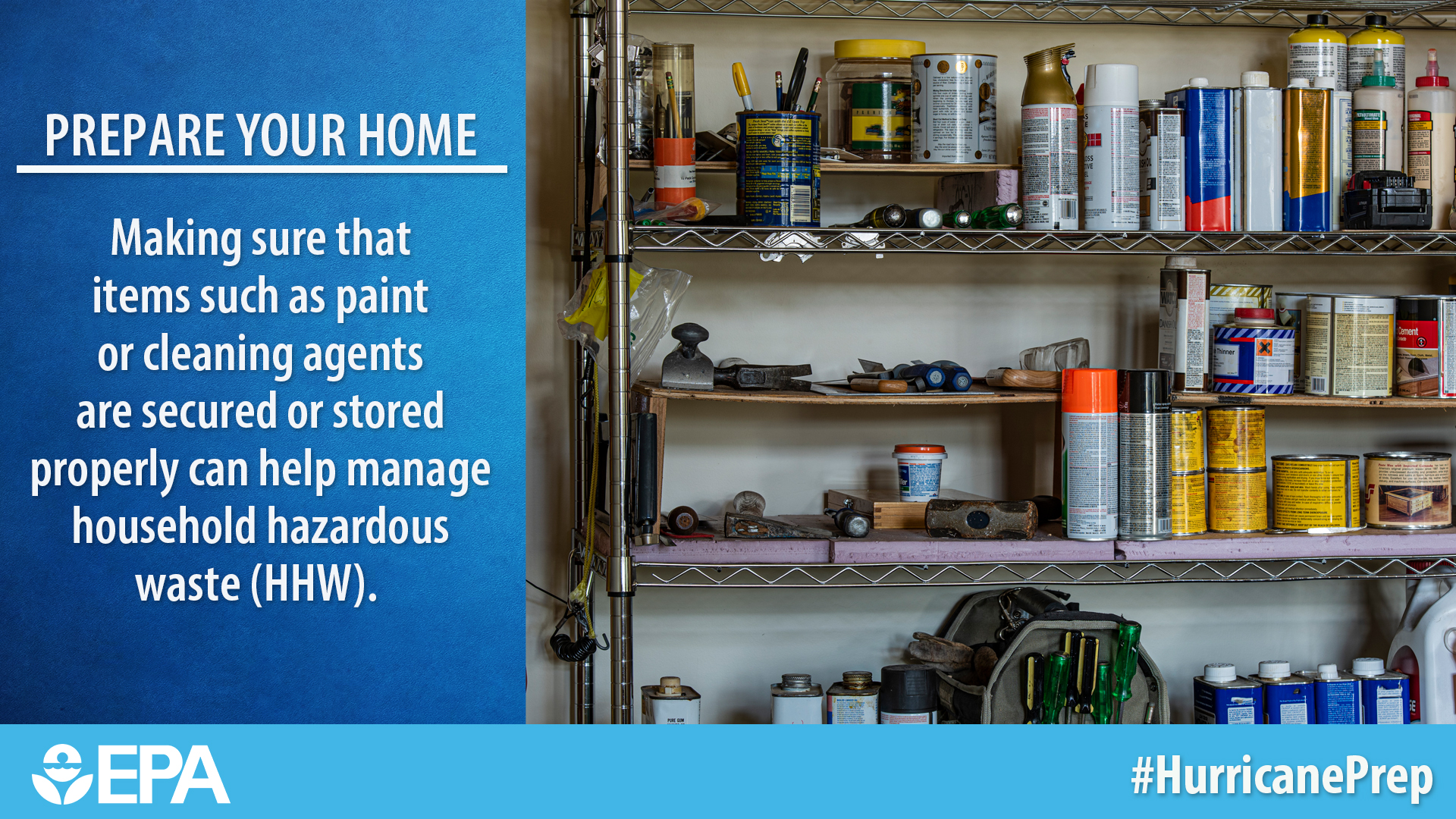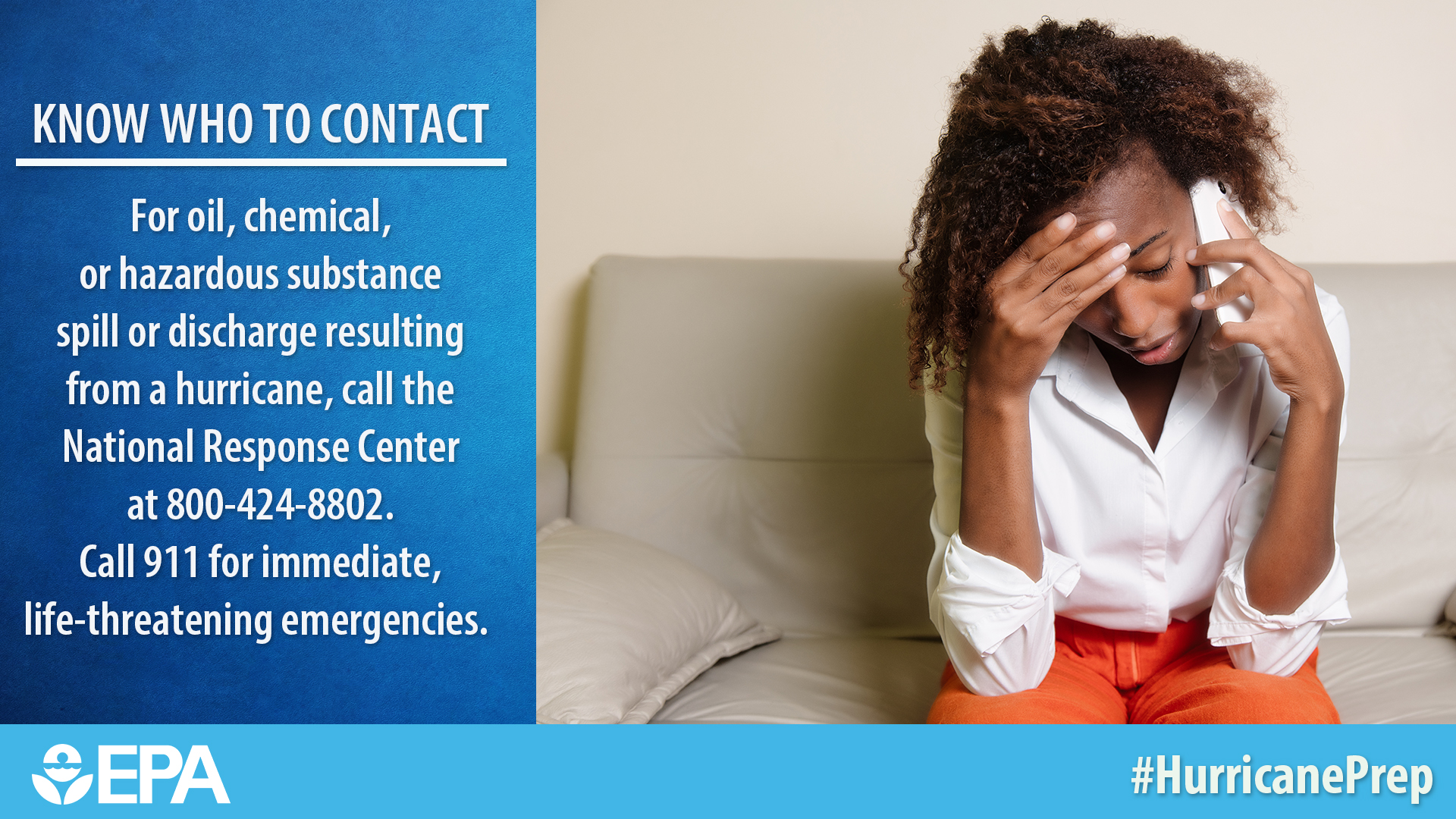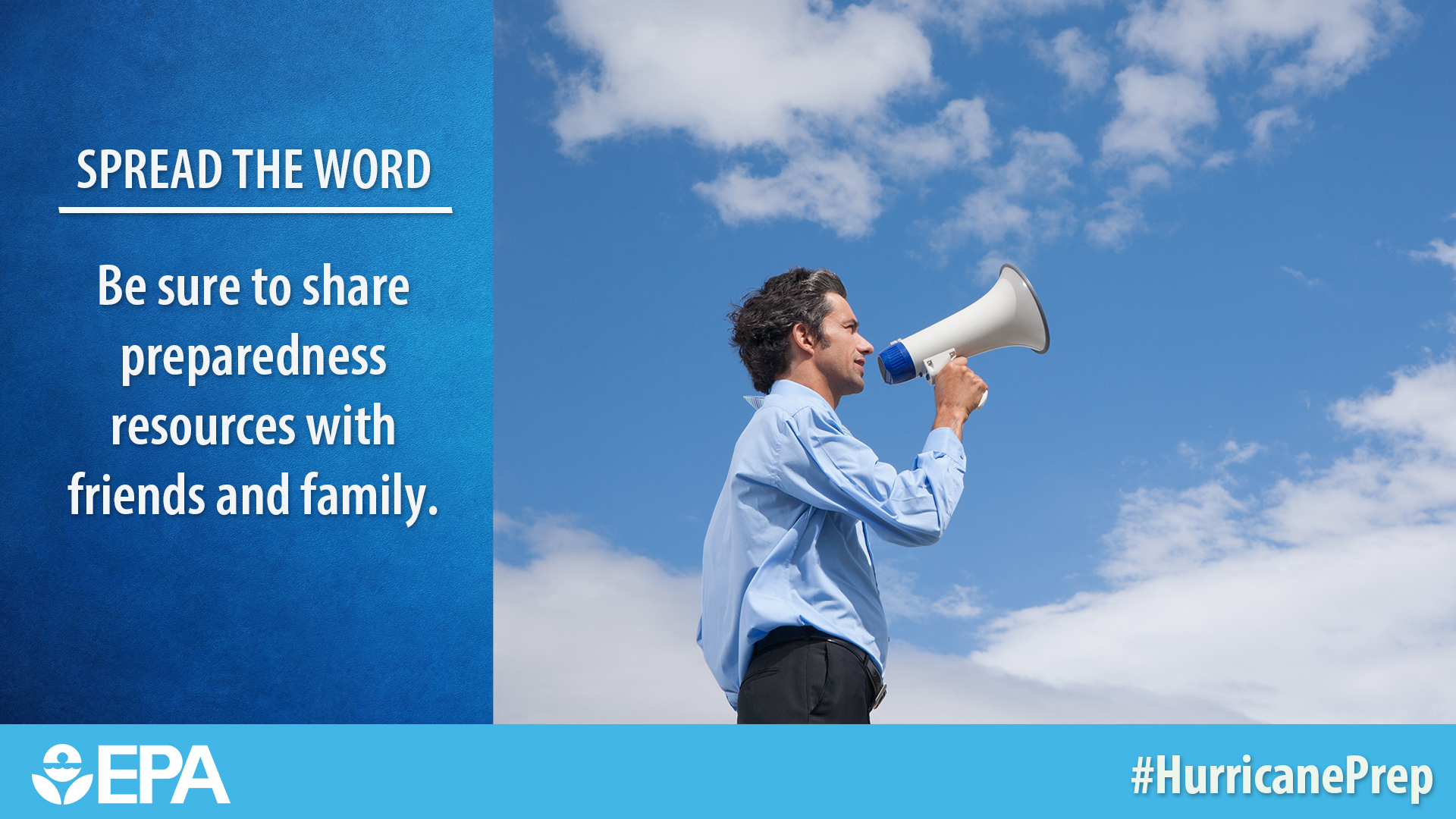Infographics on Preparing for Natural Disasters
These infographics provide helpful tips to prepare for natural disasters such as hurricanes, earthquakes and tornadoes.
- Español--Spanish
- عربى--Arabic
- বাংলা--Bengali
- 中文 (简体版)--Simplified Chinese
- 中文 (繁體版)--Traditional Chinese
- Kreyòl ayisyen—Haitian Creole
- Français—French
- Deutsch--German
- 한국어—Korean
- Pусский--Russian
- Tagalog--Tagalog
- Tiếng Việt--Vietnamese
